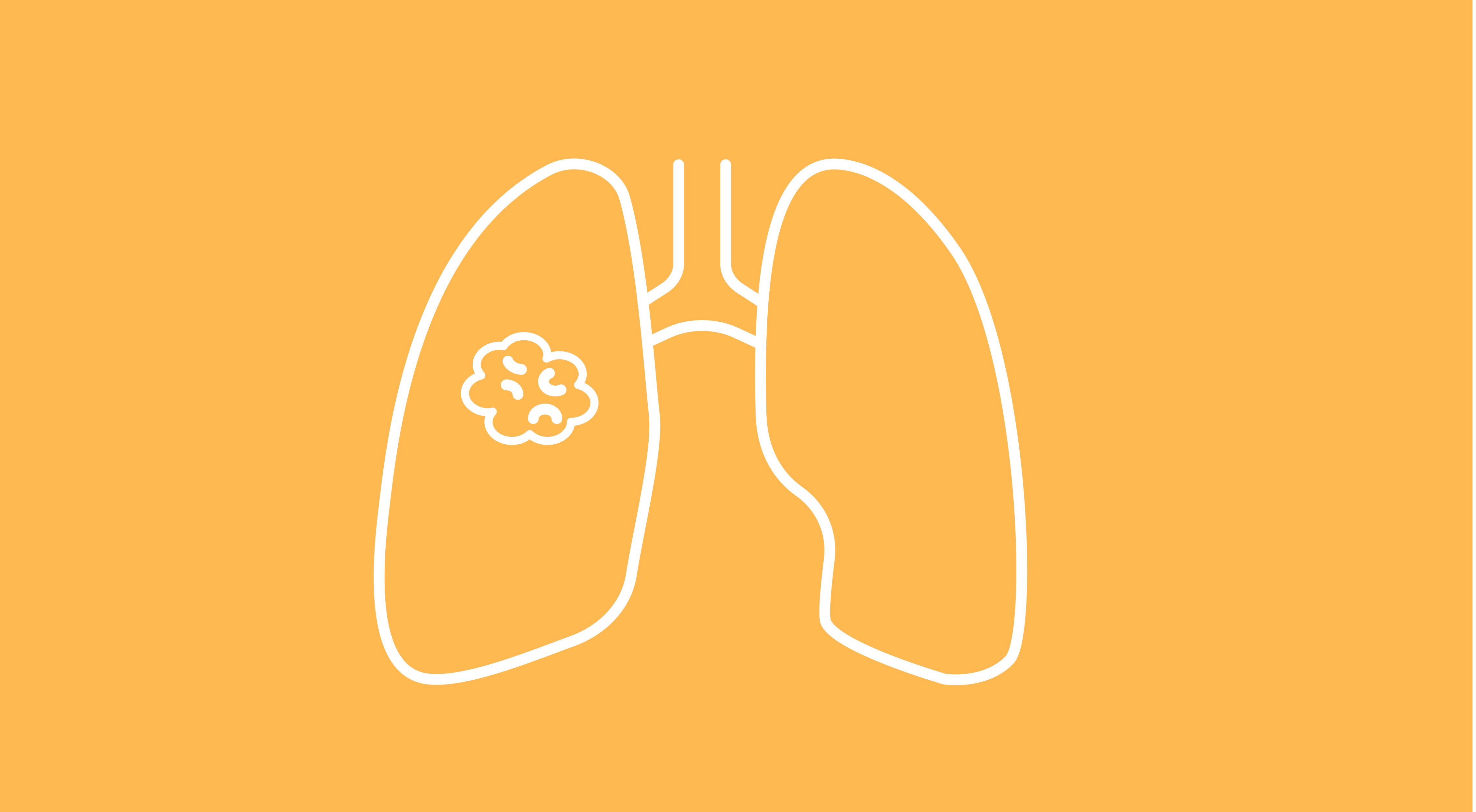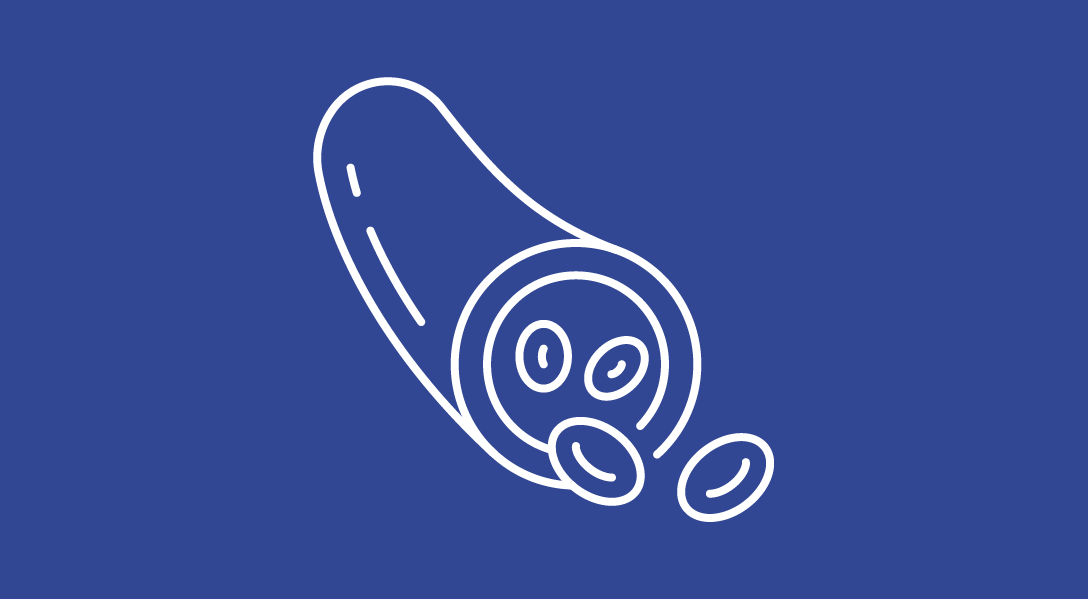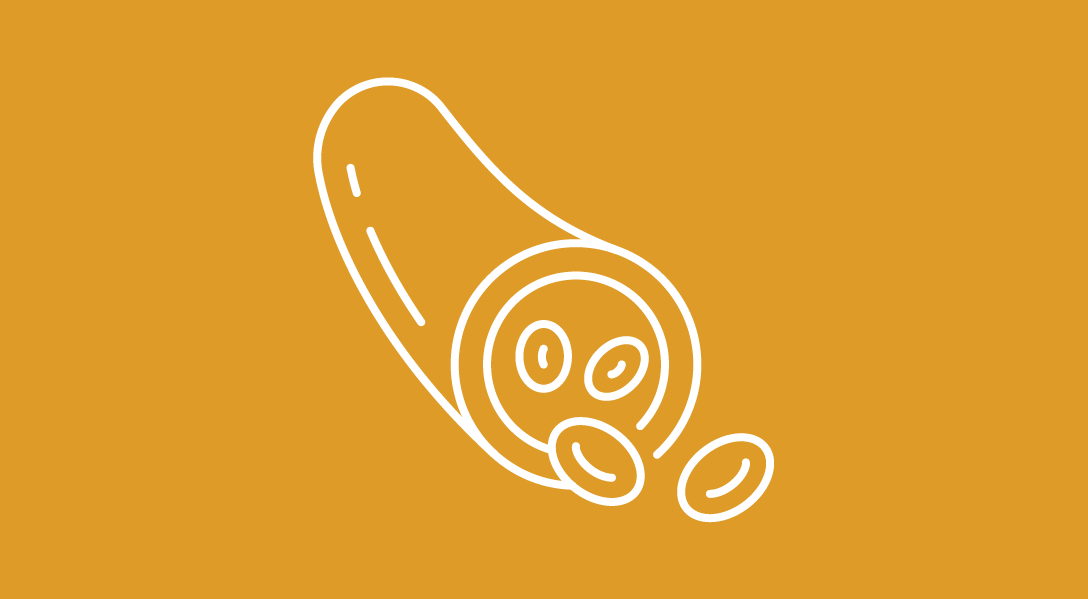Stress May Inhibit Immunotherapy’s Efficacy in Treating Cancer
Finding ways to prevent and manage stress may be key to optimizing clinical outcomes in oncology.
Stress May Inhibit Immunotherapy’s Efficacy in Treating Cancer

Psychological stress may inhibit the efficacy of immune-checkpoint inhibitor (ICI) therapy among patients with advanced non–small cell lung cancer (NSCLC), according to findings from the STRESS-LUNG-1 study, which were presented at the 2023 European Society of Medical Oncology Meeting.
“Psychological stress was associated with diminished efficacy of ICIs in advanced non-small cell lung cancer, and it's also linked to detrimental [impacts on] quality of life,” Fang Wu, a medical oncologist with The Second Xiangya Hospital of Hunan, China, said in a presentation of the findings.
Key Findings
Ultimately, 166 patients were eligible for analysis, of whom 89 qualified as stressed and 77 qualified as not stressed.
Between the stressed and non-stressed groups, the median progression-free survival (PFS) was 7.9 months (95% CI, 9.4-21.6) vs 15.5 months (95% CI, 6.1-9.8), yielding a hazard ratio of 1.60 (95% CI, 1.05-2.43; P = .028).
Similarly, the rates of overall response (ORR) were 38.8% (95% CI, 28.5-49.2) vs 68.4% (95% CI, 58.0-78.9), resulting in a 3.41 odds ratio (95% CI, 1.78-6.55; P < .001).
The overall survival (OS) data are immature; however, the current analysis showed that 50.6% and 71.8% of patients, respectively, were still alive at 2 years follow-up (HR, 3.93; 95% CI, 1.61-7.16; P = .001).
Quality-of-Life Analysis
Patients who were stressed also demonstrated impaired quality of life compared to their non-stressed counterparts. For instance, for physical, role, and emotional functions, the quality-of-life scores between the non-stressed and stressed patients were 86.7% vs 70.0%; 100.0% vs 66.7%; and 100.0% vs 75.0%, respectively. For cognitive and social function scores, the quality-of-life scores were 100.0% vs 83.3%; and 100.0% vs 66.7.
In terms of symptoms, between the non-stressed and stressed patients, the percentage of patients reporting fatigue, pain, and dyspnea were 11.1% vs 33.3%; 0.0% vs 35.0%; and 0.0% vs 33.3%, respectively. The rates of insomnia and financial difficulties were 0.0% vs 66.7%; and 0.0% vs 33.3%, respectively.
Study Design
The trial investigators recruited individuals with unresectable, locally advanced, metastatic, and recurrent stage IIIB-IB NSCLC who were at least 18 years. These patients were all treatment naïve at the start of the study and were preparing to receive either ICI alone or with chemotherapy, as first-line therapy.
At baseline, patients were asked to complete the Patient Health Questionnaire-9 (PHQ-9), General Anxiety Disorder-7(GAD-7), and the European Organization for Research and Treatment of Cancer Core Quality of Life questionnaire (EORTC QLQ-30) so that investigators could assess their stress and quality of life. Blood draws also established their baseline cortisol, adrenocorticotropic hormone, epinephrine, and norepinephrine levels.
Later, investigators continued to have the patients fill out the PHQ-9, and the GAD-7. Follow-up was based on RECIST Criteria version 1.1. Patients were evaluated every 2 cycles and returned for survival visits every 3 months.
The trial’s primary end point was investigator-assessed PFS, ORR, OS, and QOL. Stress dynamics, peripheral blood stress biomarkers, and gut microbiota represented the exploratory outcomes.
Significance
It is common for patients with cancer to experience psychological stress, especially upon receiving their prognosis or following disease progression. Oftentimes, this psychological stress can manifest through symptoms of depression or anxiety, which, in turn, will show up on a patient’s PHQ-9 and GAD-7 scores.
Stress is also known to impair the immune system and is conducive to an immunosuppressive tumor microenvironment. According to Wu, these findings, taken with the above, signify that more studies are needed to evaluate how interventions targeting psychological stress can improve patient outcomes. The BRIO study (NCT05967910) will aim to do that, and Wu expressed optimism that next year she might return to the congress to present positive findings with her peers.
Reference
Wu F, Zeng Y, Li Y, et al. The effect of chronic psychological stress on the efficacy of first-line therapy of ICIs in advanced NSCLC (STRESS-LUNG-1 trial). Ann Oncol. 2023;34(suppl_2): S1001-S1012. 10.1016/annonc/annonc1335



